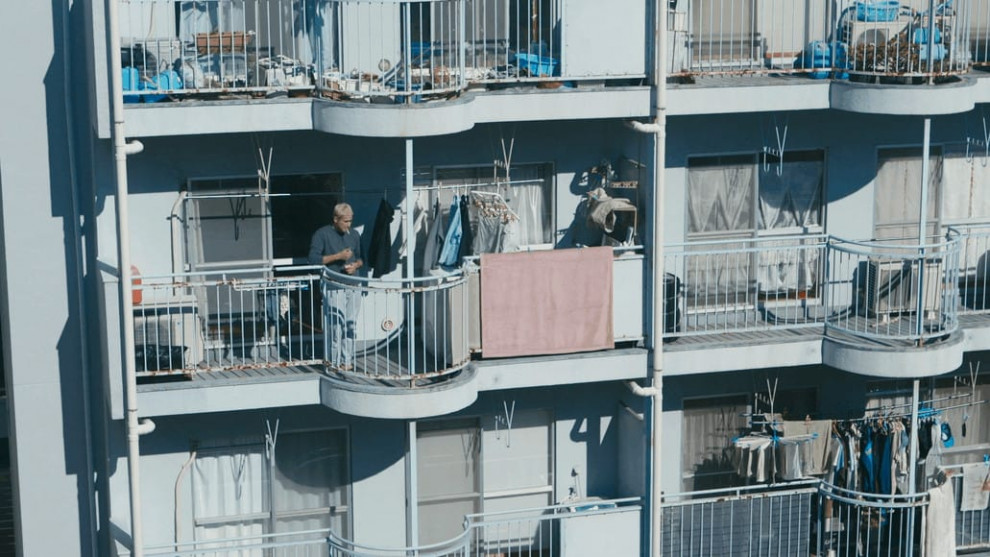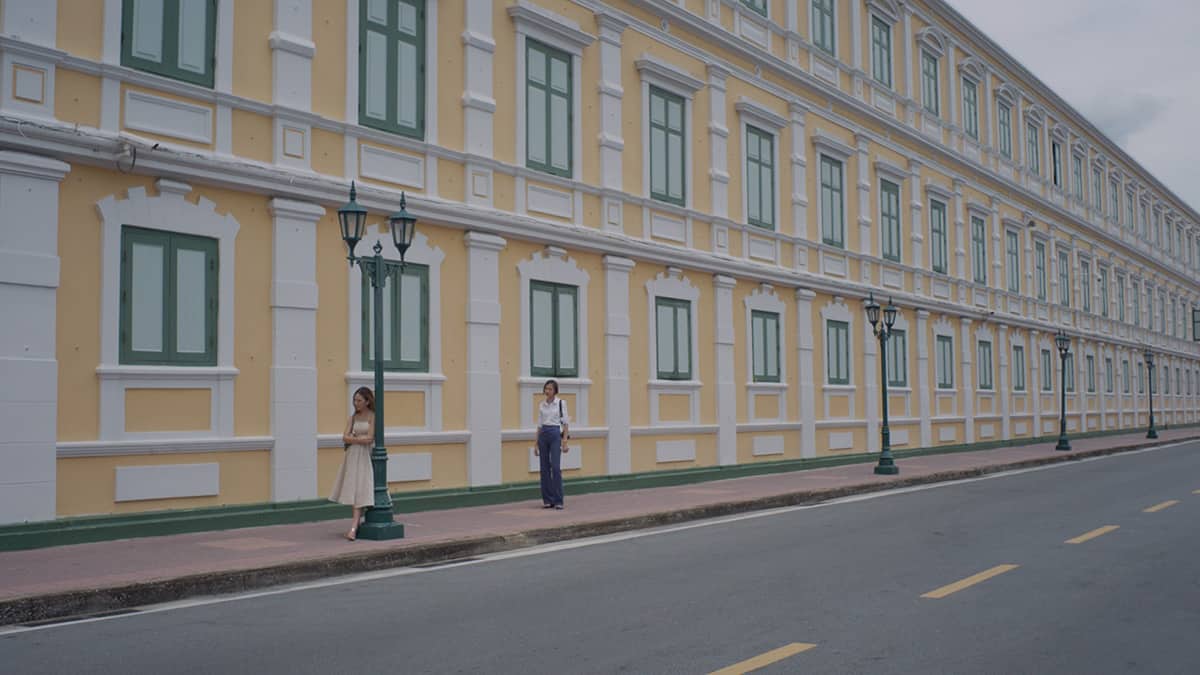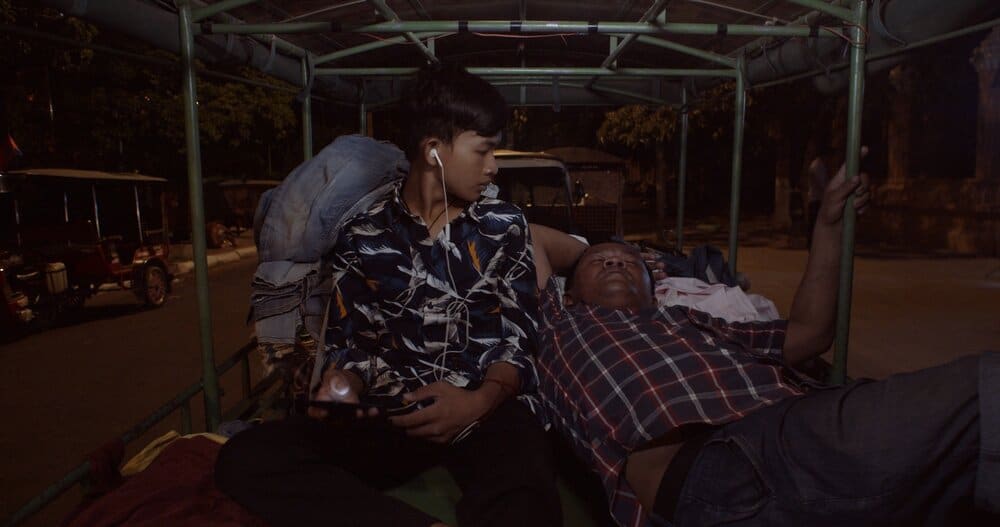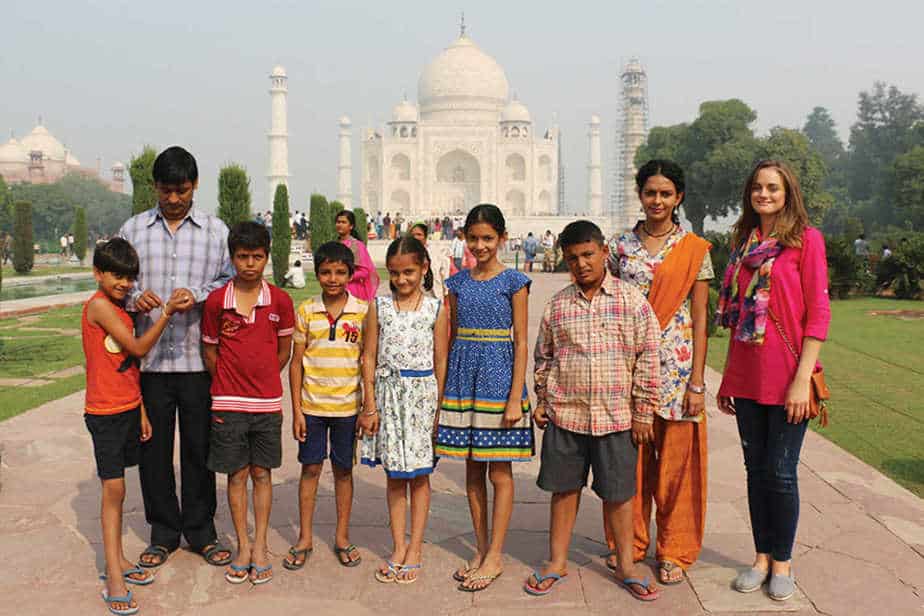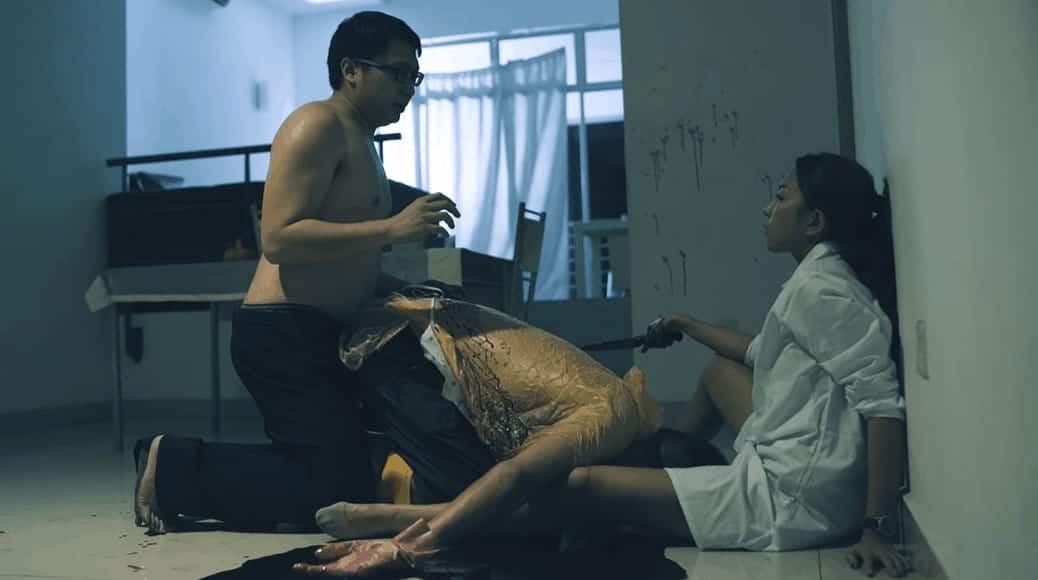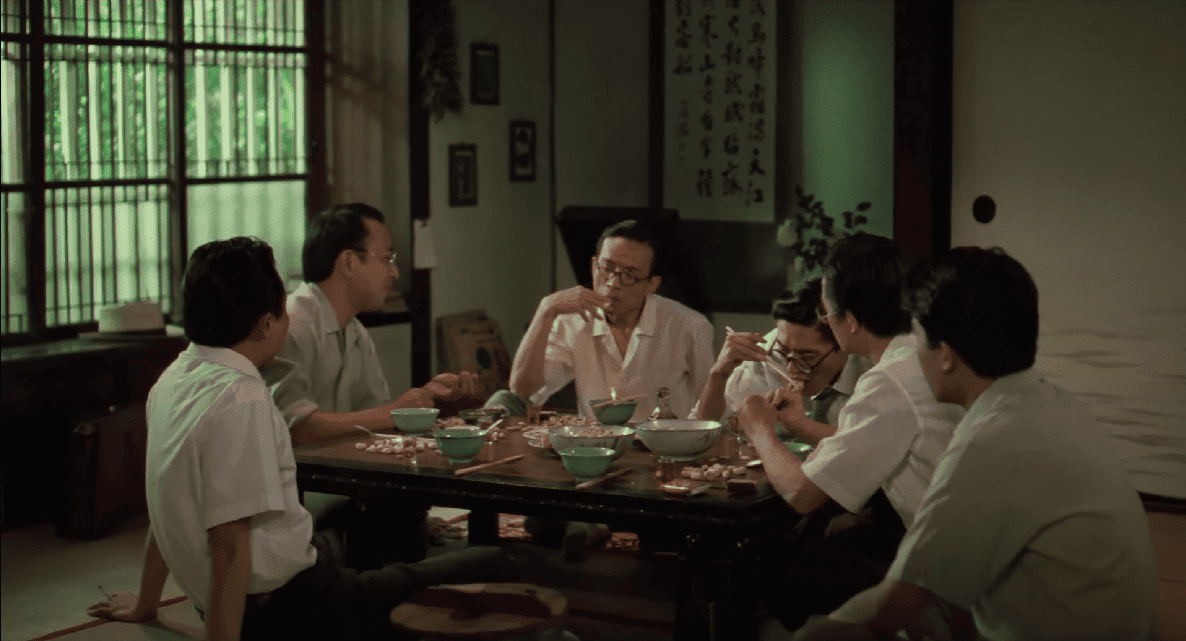“I'm not half…I'm double.”
“My experience growing up as Ha-Fu was back in 1990s, and I truly hope that things are different in Japan today. But I suspect that many Hafu children who live in Japan still struggle with discrimination. The Japanese government has a long way to go to open up the country and be part of the international community.” In her heartfelt article published on the blog Gaijinpot, writer Yumi Nakata describes her experiences growing up as a “hafu”, a Japanese term describing people with one parent coming from a different culture than Japan. Partly from her own experiences, partly from other sources, she talks about the daily challenges, the bullying and isolation of “hafus” within the Japanese society, a biography shared by so many still today.
Being a very homogeneous society, Japan still has trouble adapting to change. In 2017, Hikaru Toda's documentary “Of Love & Law” set out to point at homosexuals, women and transgender people and what kind of challenges as well as treatment they have to endure in Japan. Bilal Kawazoe's film “Whole” follows a similar principle as it shows the experiences of “hafus” in Japan, their struggles and their everyday battles against being labelled because of their “otherness”.
Whole is screening at Osaka Asian Film Festival

The life of Makoto (Usman Kawazoe) is defined by doing odd jobs, taking care of his mother and going out with his friends. Even though he experiences being reduced to his status as a “hafu” by strangers remarking on his magnificent skill in the Japanese language, he does not care too much about these incidents.
However, the same cannot be said for Haruki (Sandy Kai). Coming home from the Unites States, his family is disappointed to hear the news he has dropped out of college. Because he feels misunderstood by his parents and friends, he walks aimlessly through the streets of his hometown, searching for a purpose until he bumps into Makoto. The two men, both marked by their experiences as “hafus” become friends giving each other strength to perhaps leave behind the prejudices and discrimination they had to face in their lives.
Despite the issues Kawazoe's film tackles in its 44-minute-runtime, “Whole” is a wonderfully quiet, almost contemplative movie. Although especially Sandy Kai's character visibly suffers from being constantly exposed as a “hafu” with people commenting on his language skills and different other appearance, the focus of Usaman Kawazoe's script is on how to overcome these experiences. While his own character seems to be oblivious to these encounters – most of the first half of the film shows him in his daily routine between work and hanging out with friends – his own struggle is one that is more internal, less visible.
Visually, the world created in the film is somewhere between the post-industrial areas of Japan to the more affluent neighborhoods where Haruki's family lives. Nevertheless, both experience the same treatment from the outside world, are often seen in solitude, seemingly lost within a world which has become a strange, yet necessary evil for both of them.
Overall the issue of aimlessness, supported by the missing father figure in both character's lives, contains a strong, dramatic aspect of the film. Without delving into melodramatic depths, “Whole” stays true to its title, following each character's path to become whole or “double”, as Makoto puts it in one scene.
“Whole” is a transitional film about lack of orientation in life and overcoming life's frustrations. Considering its tone and the nature of its visuals, Kawazoe portrays a possibility to escape a cycle of being shunned, of feeling excluded. The result is a quiet, moving tale about identity and friendship.
Sources:
Nakata, Yumi (2014) Growing Up As A Hafu In Japan
https://blog.gaijinpot.com/live-hafu-japan/, last accessed on: 02/21/2019


